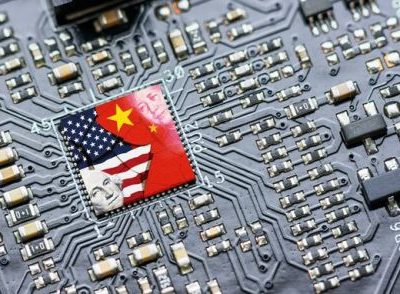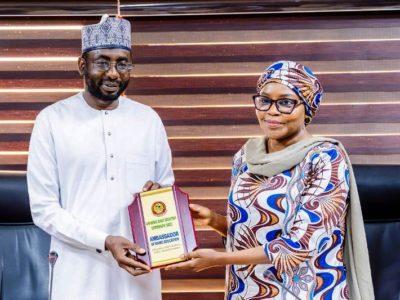Northern governors in Kaduna, this week, have asked the federal government to put a mechanism in place to regulate social media to checkmate fake news.
At a meeting of the Nigerian Northern Governors’ Forum, the governors expressed concerns on the “devastating effect of the uncontrolled social media in spreading fake news.”
They want “major control mechanism and censorship of the social media practice in Nigeria.”
The governors meeting followed the recent EndSARS protest across major cities of the country which eventually turned into violent riots.
ENDSARS protest and demands
Led by young Nigerians, the ENDSARS protest majorly focused on ending police brutality and the institution of good governance. Mobilization was largely through the social media in what would mark a new era in social mobilization in the country of over 200 million where more than 70 million young people daily access the internet.
The ENDSARS demands also include constitutional review, electoral reform, electronic voting, restructuring, power supply and provision of support infrastructures including good roads.
While government worked on responding, the street protests degenerated into riots raising concerns among authorities that the protest has been hijacked by subversive elements.
Submissions in the communique issued by the governors in Kaduna include:
“The meeting took note of the devastating effect of the uncontrolled social media in spreading fake news. Therefore, calls for major control mechanism and censorship of the social media practice in Nigeria.
“[The meeting] appreciates the roles of Traditional rulers in containing the menace of Endsars protests in the north. Collectively agreed that traditional rulers be given formal roles in the governance architecture of the Country.
“The meeting rejects and condemns the subversive actions of the Endsars protest. The superlative agitations and other change regime actions outside the ballot Box soon take advantage of the peaceful protests to push for their seperative agenda. The meeting endorse the indivisibility, indissolubility and oneness of the Nation.”
Nigeria and global social media censorship
The northern governors position broadly reflects that of Abuja on internet freedom and has further raised the spectre of regulating the social media. A bill on the regulation of social media, which has already passed second reading at the national assembly, is believed to have the strong backing of the executive.
While the Minister of Information, Lai Mohammed, had severally warned of the possibility of social media destroying Nigeria, the Minister of Youth and Sport, Sunday Dare, has argued for the regulation of social media.
Worldwide, curtailing internet freedom or censorship of social media is more closely associated with undemocratic governments thus the fear by critics in Nigeria.
In a 2020 report by Comparitech, more than 54 percent of the world’s population (4.1 billion people) uses the internet as a source of instant information, entertainment, news, and social interactions. Countries with online censorship mechanism have different levels of internet restrictions . But the harshest against online freedom is in China, North Korea (internet is virtually banned here), Bahrain, Belarus, Iran and similar countries where democracy in in check.
Social media and the Arab Spring
Social media has proven to become a powerful tool for political and even radical changes as the events associated with the Arab Spring has shown as one report by Privacy Hub shows.
In the beginning, social media was not seen as a huge threat to these countries. That all changed when the “Arab Spring” occurred in 2010.
Between December 2010 and December 2012, a series of protests organized through social media saw young people rise up in Tunisia, Libya, Egypt, Yemen, Syria, and Bahrain. The oppressive regimes of these nations were either shaken up or completely overthrown as a result of this movement.





























